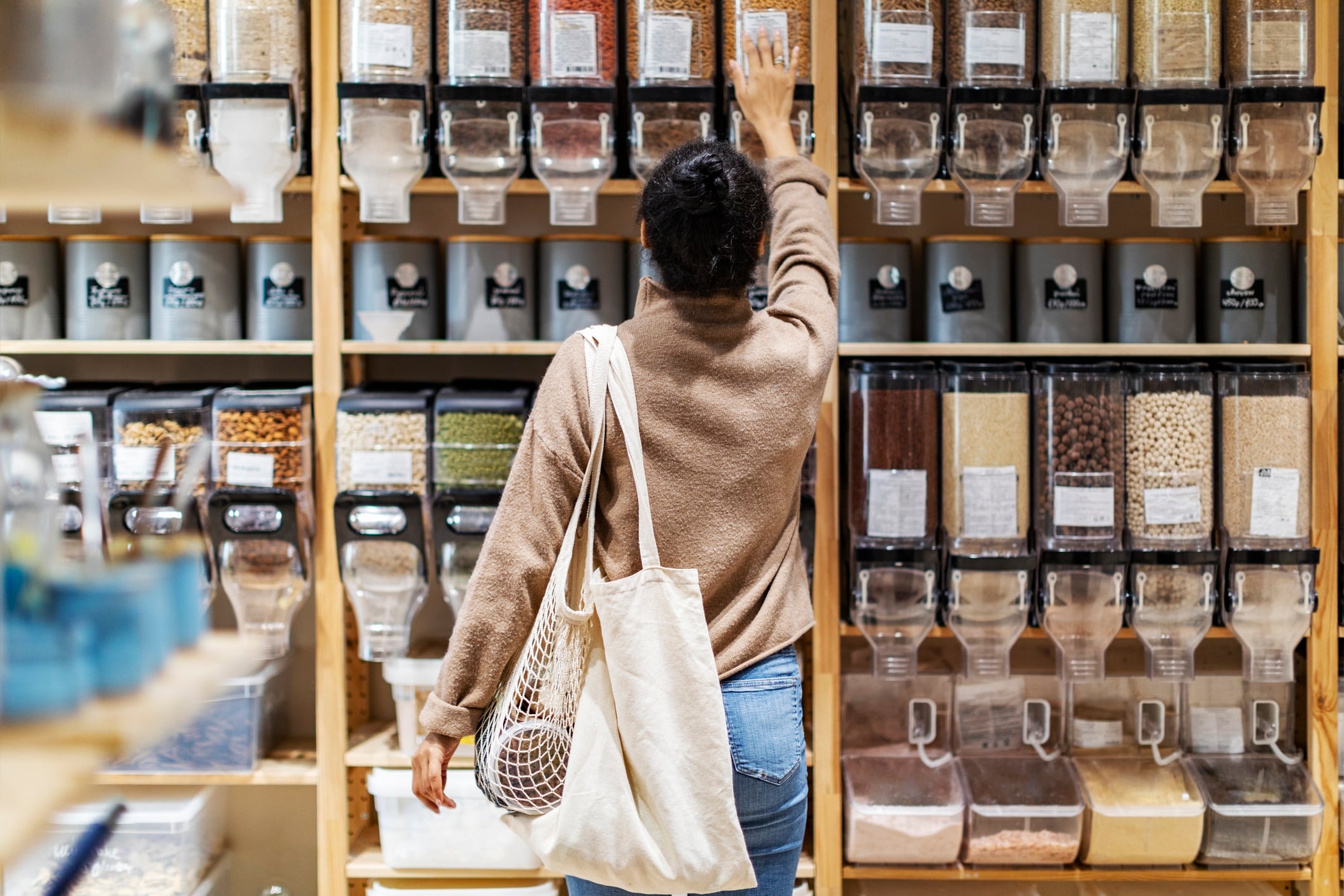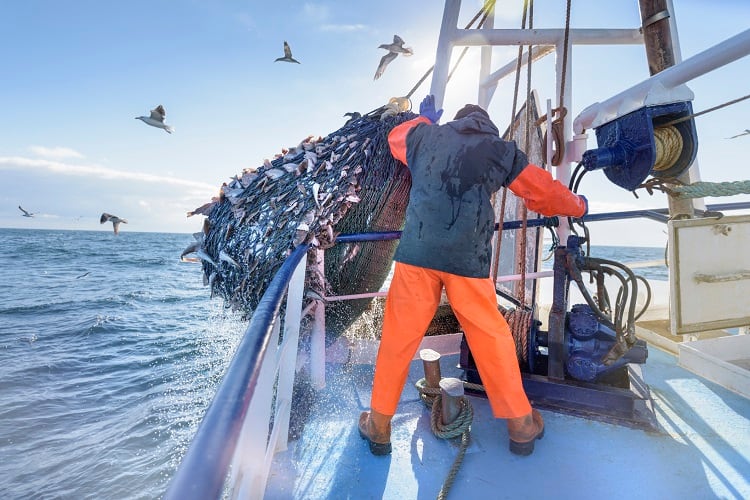Sustainable finance has seen better days. According to ING bank, global sustainable finance issuance in Q1 of 2025 was at its lowest for a Q1 since 2020 (although up from Q4 2024). ING expects Q2 to remain low.
However, this downturn for sustainable finance, seen most prominently in the US after the election of President Donald Trump, has not been seen as significantly in Europe, where the political landscape is different.
“There is still a pretty big focus on climate mitigation” in finance, stresses Timothy Rahill, credit strategist at ING Research.
In food and agriculture, sustainable finance initiatives remain a complex but necessary part of financing the industry. Despite external pressures, they are still present within the sector.
Despite “anecdotal evidence” of a “change in corporate thinking,” the bank stresses, companies do not “change their strategy overnight.” In short, sustainability is still on the agenda.
Corporates still care about sustainability
Despite some signals that sustainability is going out of fashion, even among consumers themselves, food companies are more committed than ever to their sustainability goals, according to Kiran Sanchit, ING’s head of food and agri for EMEA.
Sustainability is often front-and-centre of discussions with clients at ING, Sanchit explains.
Companies are more interested in supporting farmers than they used to be. At one stage, Sanchit explains, companies would put the onus on farmers to invest in making their practices more sustainable. Now, he suggests, they are willing to provide more input and investment themselves.
In policy, there has been a gradual shift away from sustainability in some areas. However, Sanchit stresses, most companies already have their sustainability targets in place and thus are not immediately affected by these policy changes.
Furthermore, scepticism about sustainability in the US has not directly impacted food and agri in Europe.
“At the moment, we do not really see such negative impact of US dynamics in the European market, except for (i) few clients with a global scope and US banks in their European syndicated facilities reconsidering the sustainability element in European facilities and (ii) some clients with both European as well as US facilities, reconsidering the sustainability element in such US facilities, but not in the European ones,” explained Mayke Geradts, sector lead for commodities, food and agri of Sustainable Solutions Group at ING. In the latter case, KPIs remain in place.
Blended finance and sustainability
Blended finance, which is when private capital is combined with capital from government or non-profit organisations in order to de-risk investments, is used extensively already in regenerative agriculture.
According to Sanchit, however, this is not the limit of its use. It has been used in vertical farming and 3D printed meat as well. ING itself is exploring a partnership with the World Economic Forum (WEF) to pursue nature-based solutions.
“If we want to make the [climate] transition, it has to be in cooperation between public and private money,” stresses Jacomijn Vels, global head of sustainable solutions group at ING.
Grappling with the EUDR
Despite these extensive sustainable finance initiatives, there is currently no demand for financing to help companies with EUDR compliance, according to Sanchit.
While it may be more expensive to ensure that products are fully traceable and compliant with the regulation, this will be balanced out by the scale of what is being imported.
“The main challenge,” he explains, “is how to organise it efficiently.”





